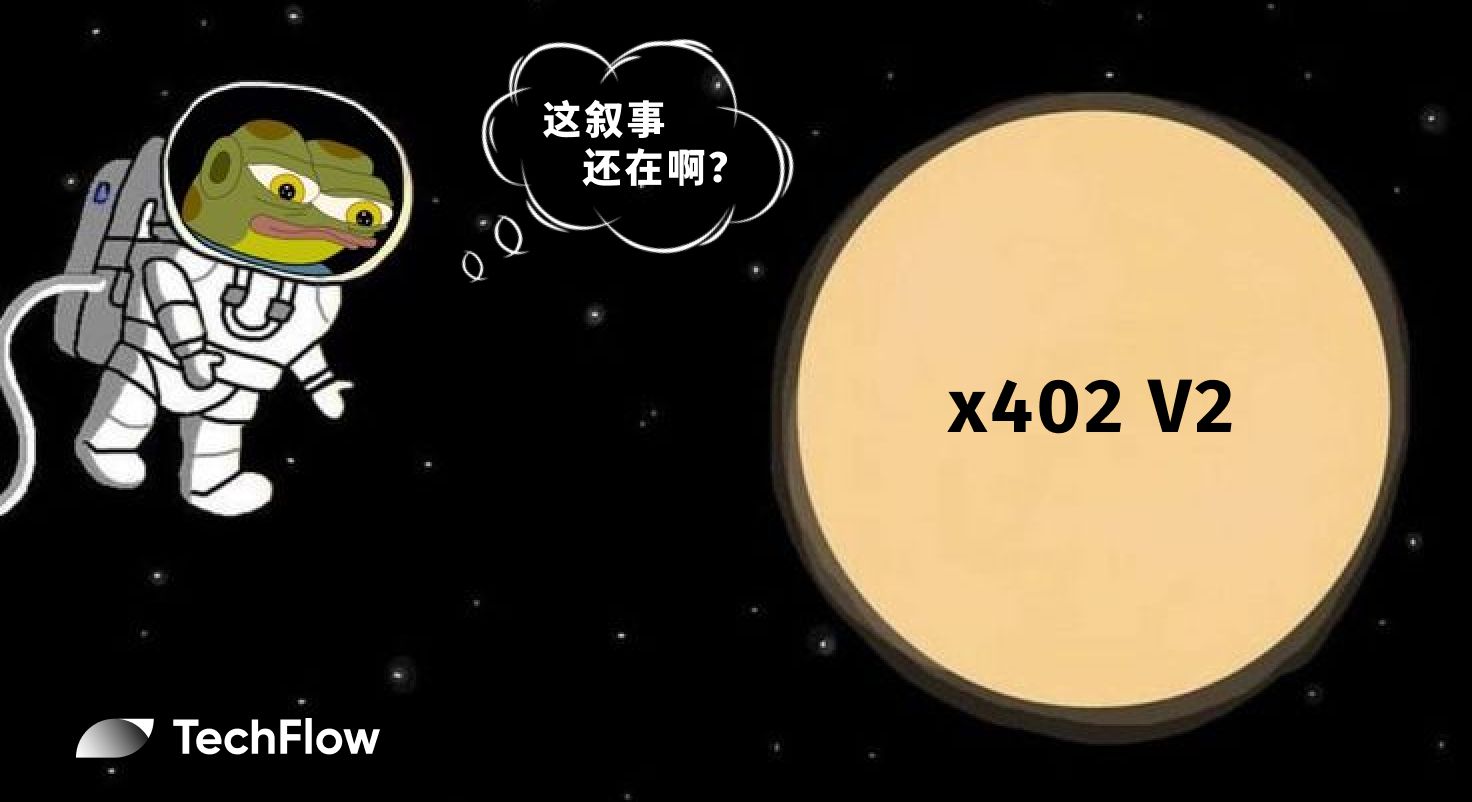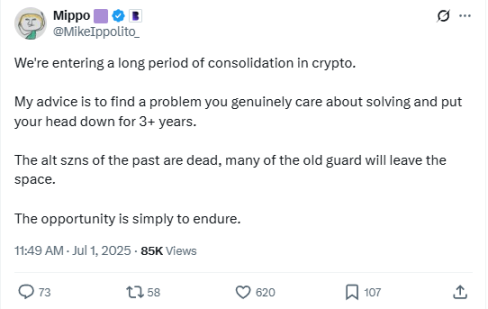Aave's Horizon: Strategic Infrastructure for Capital Efficiency in the $26B+ RWA Market
- Aave Horizon bridges TradFi and DeFi by enabling institutions to borrow stablecoins against tokenized RWAs like U.S. Treasuries and real estate. - The hybrid model combines permissioned compliance checks with permissionless lending, addressing institutional barriers like legal risk and operational complexity. - Partnerships with Centrifuge and Superstate expand access to $1B+ in tokenized assets, while Chainlink oracles ensure real-time NAV tracking and risk management. - This infrastructure could unlock
The Real-World Assets (RWA) market has surged to a valuation of over $26 billion in 2025, driven by tokenization platforms like Centrifuge and Polkadot , which have unlocked liquidity in traditional assets such as government bonds, real estate, and stocks [1]. This growth has created a critical inflection point for DeFi, where institutional capital—long hesitant to engage with decentralized protocols—now sees a viable on-ramp. Aave’s Horizon initiative, launched in August 2025, is at the forefront of this transformation, offering a hybrid infrastructure that bridges the gap between regulated TradFi and permissionless DeFi while prioritizing capital efficiency and scalability [2].
Aave Horizon: A Hybrid Model for Institutional Liquidity
Aave Horizon enables institutions to borrow stablecoins like USDC and GHO against tokenized RWAs—including U.S. Treasuries and collateralized loan obligations—without selling their underlying assets [3]. This is achieved through a dual-sided architecture: the borrowing side is permissioned, with compliance checks (KYC/AML) ensuring regulatory alignment, while the lending side remains permissionless, allowing retail and institutional liquidity providers to earn yields on stablecoins [4]. This design addresses two key barriers to institutional adoption: legal risk and operational complexity.
The platform’s reliance on Chainlink’s NAVLink oracles ensures real-time net asset value (NAV) tracking, maintaining overcollateralization and reducing systemic risk [3]. For example, if a tokenized U.S. Treasury’s NAV drops below a threshold, the system automatically triggers liquidation protocols, preserving the integrity of the lending pool. This innovation mirrors traditional repo markets but operates on a decentralized, composable infrastructure, enabling seamless integration with other DeFi protocols [4].
Strategic Partnerships and Scalability
Aave Horizon’s success hinges on its partnerships with industry leaders like Superstate, Centrifuge, and VanEck, which provide high-quality tokenized collateral [3]. These collaborations not only diversify the asset pipeline but also validate Aave’s infrastructure as a trusted hub for institutional-grade RWA lending. For instance, Centrifuge’s deRWA tokens—already surpassing $1 billion in TVL—offer Aave access to a broad range of tokenized commercial loans and real estate assets [1].
Moreover, Horizon’s hybrid governance model allows for geographic and asset-class expansion. By replicating its compliance framework across jurisdictions and asset types (e.g., corporate bonds in Europe, infrastructure debt in Asia), Aave can scale its platform while adhering to local regulations [4]. This scalability is critical for capturing the trillions in traditional assets projected to be tokenized in the coming decade [3].
Capital Efficiency and Market Implications
For investors, Aave Horizon represents more than a technical innovation—it is a strategic infrastructure play that redefines capital efficiency in DeFi. By enabling institutions to leverage RWAs as collateral, Horizon unlocks liquidity that would otherwise remain siloed in traditional markets. This dual benefit—access to institutional capital for DeFi and enhanced yield opportunities for liquidity providers—positions Aave as a cornerstone of the next wave of financial innovation [4].
Analysts project that Horizon could drive a significant price rebound for the AAVE token, as governance incentives and yield-generating activities increase demand [5]. However, the true value lies in its ability to catalyze a broader shift: the integration of TradFi’s depth with DeFi’s composability, creating a financial system that is both resilient and inclusive.
Conclusion
Aave Horizon exemplifies the strategic infrastructure needed to harness the $26B+ RWA market. By combining regulatory compliance, scalable partnerships, and real-time risk management, it addresses the core challenges of institutional adoption while preserving DeFi’s open ethos. As tokenized assets continue to proliferate, platforms like Aave will play a pivotal role in shaping the future of capital efficiency—a future where liquidity flows freely between the physical and digital worlds.
Disclaimer: The content of this article solely reflects the author's opinion and does not represent the platform in any capacity. This article is not intended to serve as a reference for making investment decisions.
You may also like
On the night of the Federal Reserve rate cut, the real game is Trump’s “monetary power grab”
The article discusses the upcoming Federal Reserve interest rate cut decision and its impact on the market, with a focus on the Fed’s potential relaunch of liquidity injection programs. It also analyzes the Trump administration’s restructuring of the Federal Reserve’s powers and how these changes affect the crypto market, ETF capital flows, and institutional investor behavior. Summary generated by Mars AI. This summary was produced by the Mars AI model, and the accuracy and completeness of the generated content are still being iteratively updated.

When the Federal Reserve is politically hijacked, is the next bitcoin bull market coming?
The Federal Reserve announced a 25 basis point rate cut and the purchase of $40 billion in Treasury securities, resulting in an unusual market reaction as long-term Treasury yields rose. Investors are concerned about the loss of the Federal Reserve's independence, believing the rate cut is a result of political intervention. This situation has triggered doubts about the credit foundation of the US dollar, and crypto assets such as bitcoin and ethereum are being viewed as tools to hedge against sovereign credit risk. Summary generated by Mars AI. The accuracy and completeness of this summary are still in the process of iterative updates.

x402 V2 Released: As AI Agents Begin to Have "Credit Cards", Which Projects Will Be Revalued?
Still waters run deep, subtly reviving the narrative thread of 402.

When Belief Becomes a Cage: The Sunk Cost Trap in the Crypto Era
You’d better honestly ask yourself: which side are you on? Do you like cryptocurrency?
